Table of Contents
Ever wondered what could break your cats heart? Cats may look independent, even aloof, but the truth is—they’re emotionally delicate creatures. There are small, everyday actions that can quietly hurt them. Understanding these will help you avoid emotional pitfalls and build a stronger bond with your feline companion.
Below, we’ll uncover 10 simple things that can break your cat’s heart and show you how to prevent them.
1. A Filthy Litter Box
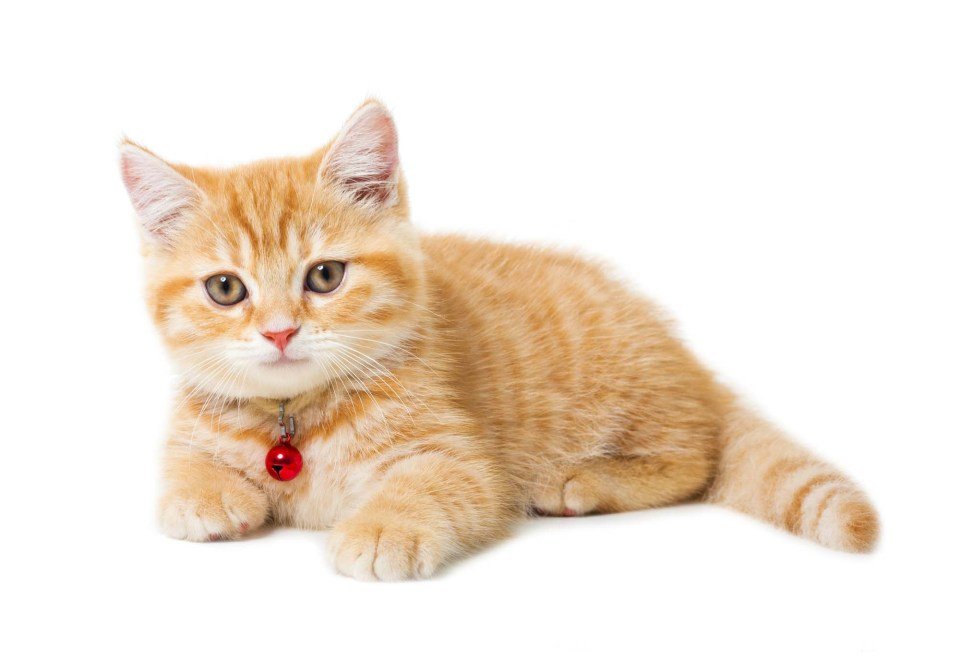
Imagine depending on someone to keep your bathroom clean—and they don’t. A litter box that’s too dirty can feel like betrayal to your cat. Cats instinctively bury waste to avoid detection by predators; a neglected box defeats that purpose. They may hold it, resort to other areas, or act anxious. Scoop daily. If you’re out much, provide multiple boxes so there’s always a clean option.
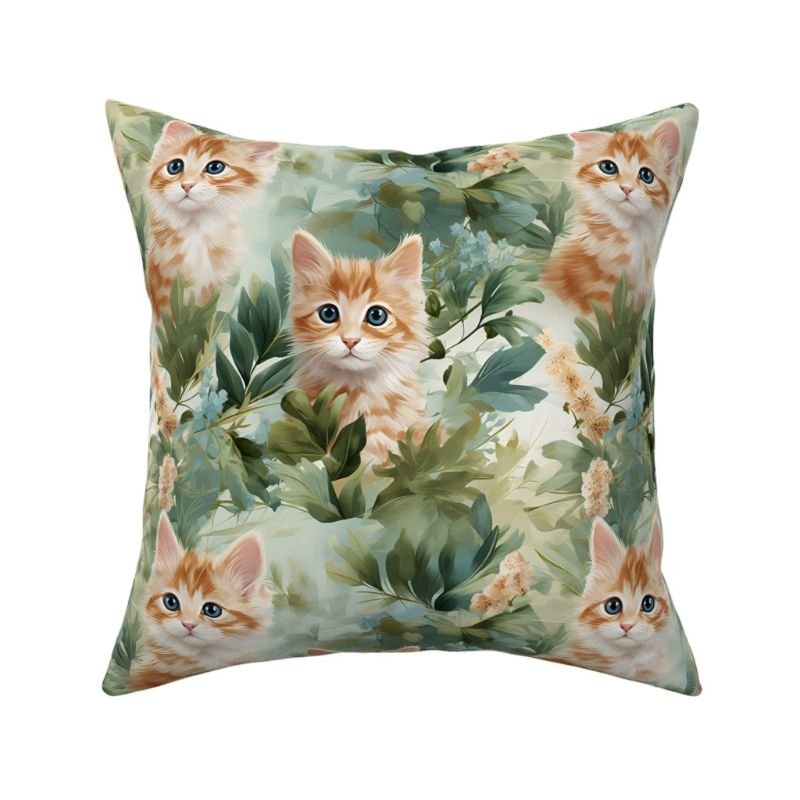
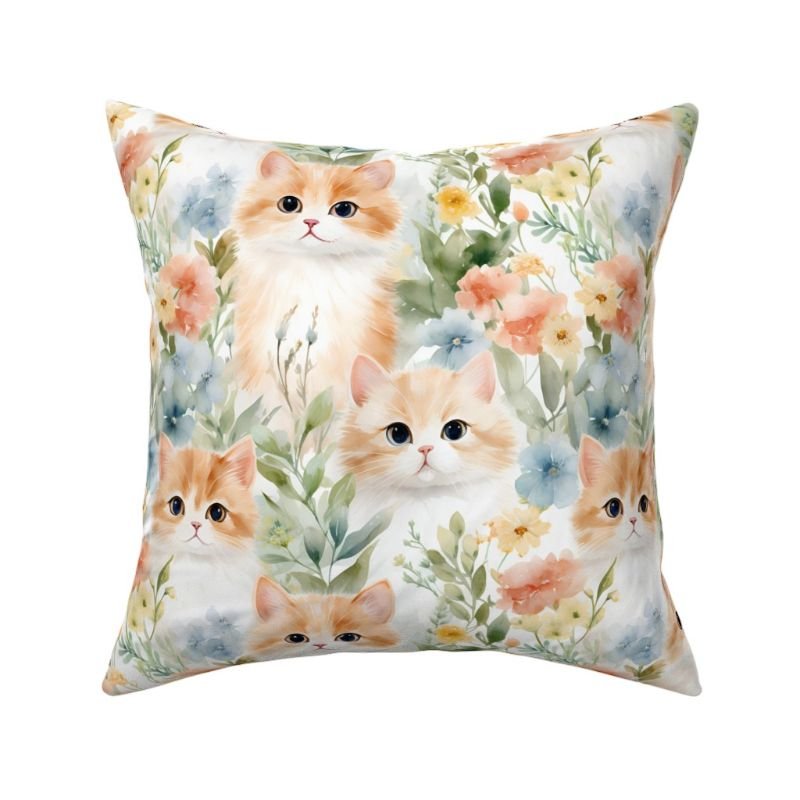
2. Being Ignored
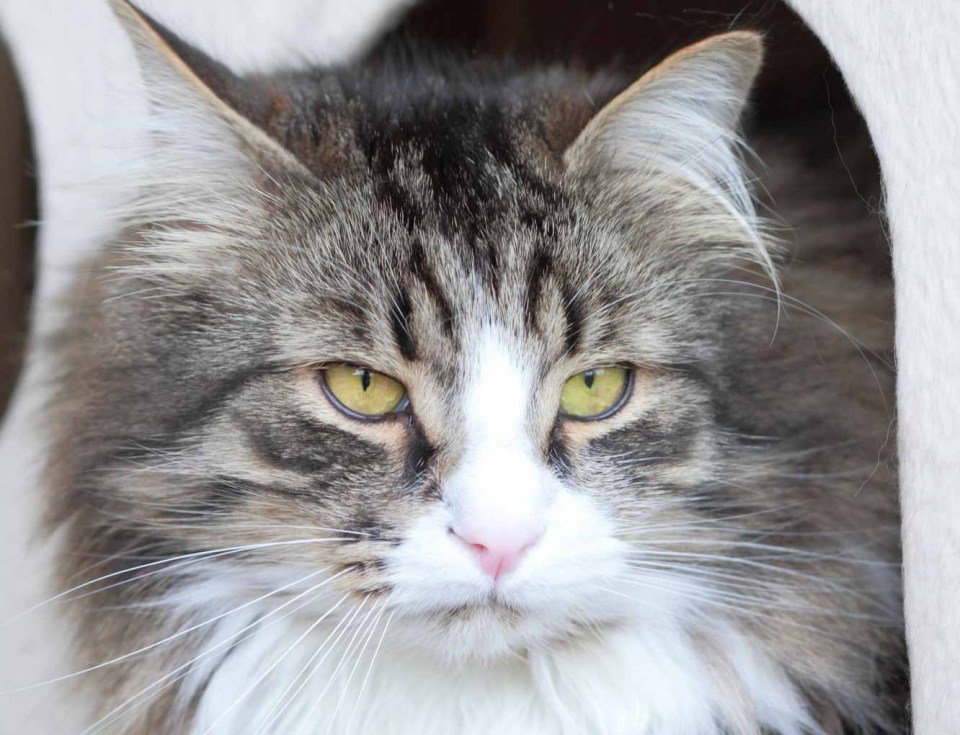
Cats form attachments, yes—even to us. Research shows they bond with humans in ways similar to dogs or children. When you repeatedly overlook your cat’s cues—those soft meows, tail flicks, or head nudges—they notice. Their body language matters: a raised tail, slow blinks, belly exposure—all are invitations. Recognize and reciprocate when you can.
3. Routine Disruptions

Cats are creatures of habit. Move their bed, shift feeding times, or bring home a new pet—and you may unsettle them. They map their world around routines, often tied to yours. A sudden return to the office after remote work? That alone can trigger separation anxiety. Ease the shift gently: keep essentials stable, add enrichment, and give extra comfort.
4. Teasing or Rough Handling
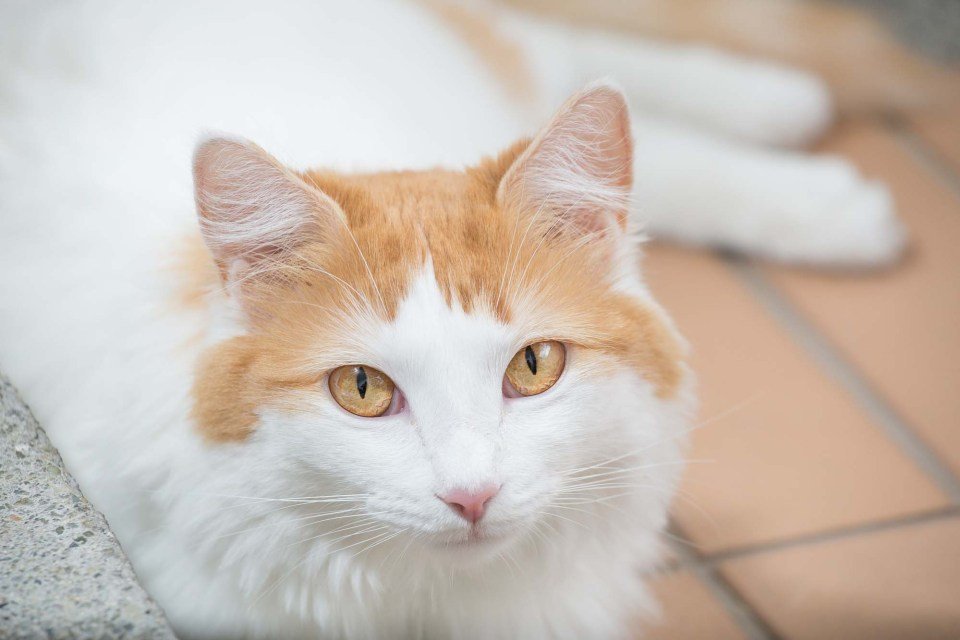
Cucumbers, surprise taps, sudden chasing—all “funny” to us, terrifying to them. Cats are wired to detect threats. Sneaking up triggers fight-or-flight responses. Picking them up too roughly, squeezing, or playing too aggressively isn’t harmless—it’s stress, sometimes pain. Treat them not like plush toys, but as sensitive, sentient beings.
5. Loud Noises & Yelling

Your vacuum? A thunderstorm? Raised voices? To a cat, these can be deafening. Their hearing is far more acute than ours, and their ears swivel to catch every sound. After a loud burst, they might hide for hours or stay on edge. If you must make noise, offer a quiet retreat or haven where they can decompress.


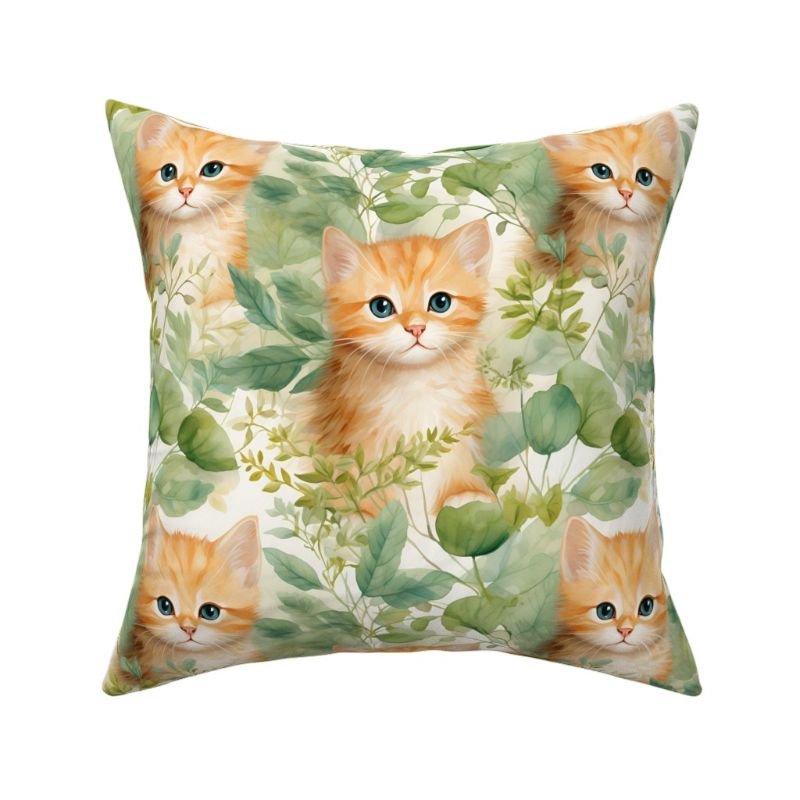
6. Overpowering Scents
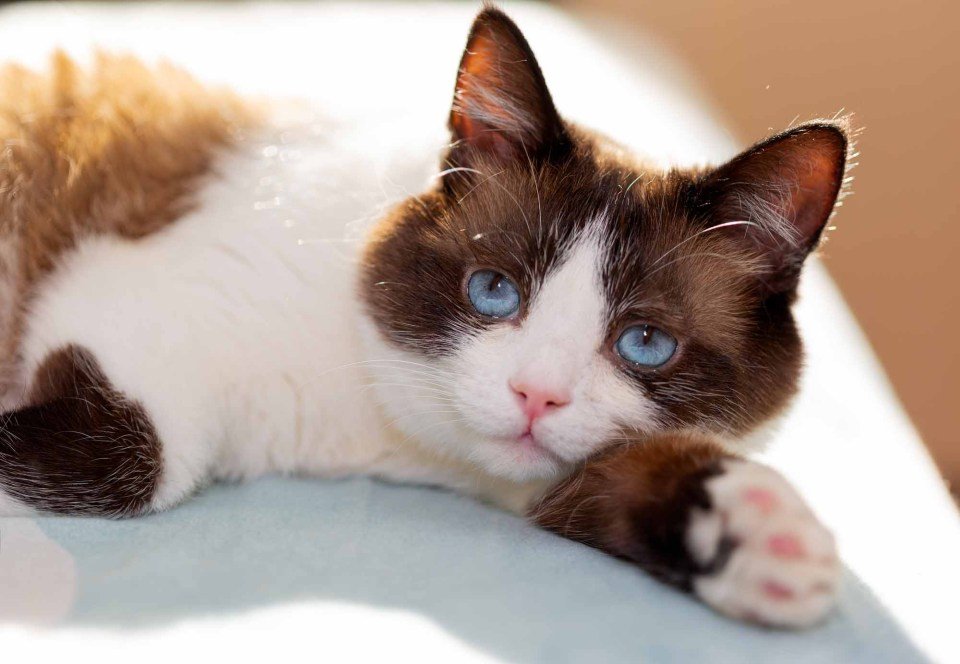
Their sense of smell dwarfs ours (by orders of magnitude). Perfumes, air fresheners, scented candles, strong cleaners—they all assault your cat’s olfactory system. They may paw at their nose, avoid rooms, or appear unsettled. Use hypoallergenic, pet-safe products, and ventilate well.
7. Petting Without Consent
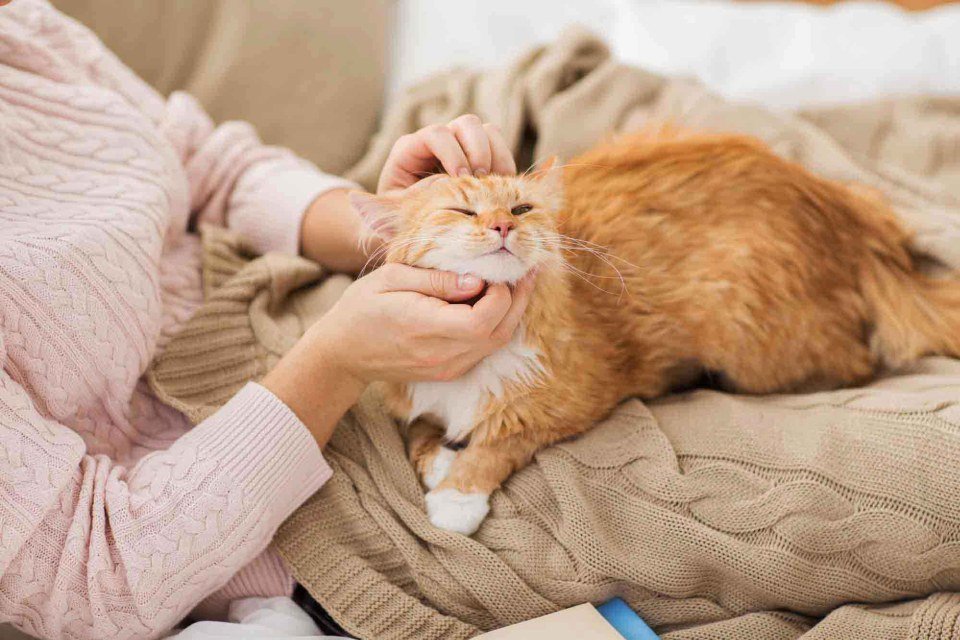
Many cats adore chin scratches, a gentle rub behind the ears, or soft strokes across their cheeks. But the belly, base of tail, or paws? Usually off-limits. Worse yet: trying to pet them constantly can cross their overstimulation threshold. This behavior—petting-induced aggression—happens when touch becomes too much. HSHV+1 Learn to read warning signs: tail flicks, ear flattening, skin ripples. Stop immediately when they appear.
“Some cats have a threshold for how much petting they can handle … learn to read her body language.” Reddit
8. Forced Socialization
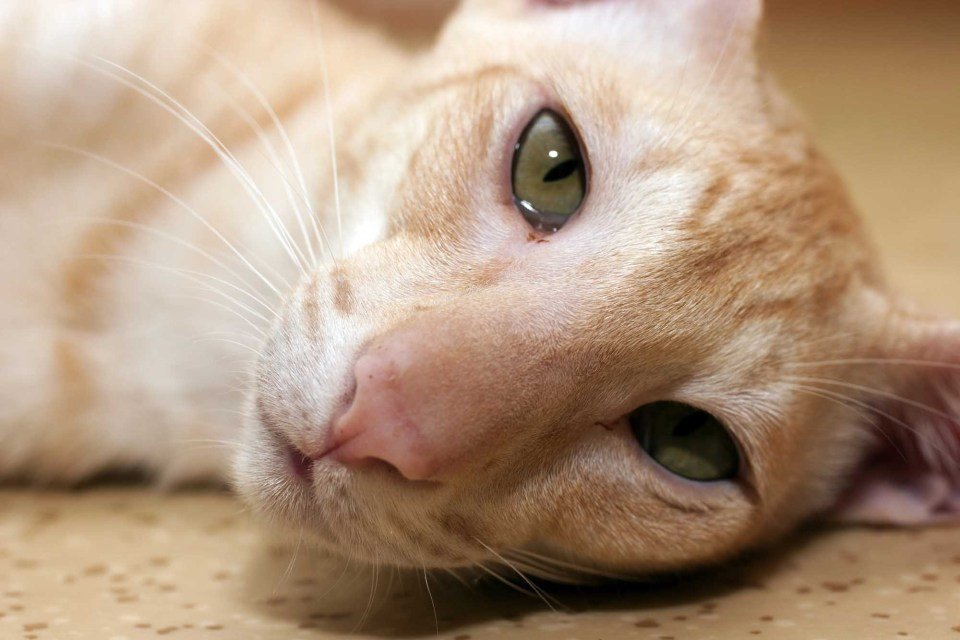
Not all cats are extroverted. Forcing interactions with strangers or other pets scrambles their inner peace. Provide safe zones, let them approach at their own pace, and always offer escape routes. Over time, many will warm up—but only on their terms.
9. Yelling & Punishment

Yelling seems natural when your cat knocks over your plant or urinates elsewhere. But cats don’t connect “punishment” to past actions the way we imagine. They simply feel fear or confusion. This doesn’t correct behavior—it damages trust. Instead, observe what triggered the behavior: stress, medical issues, changes, and address the root.

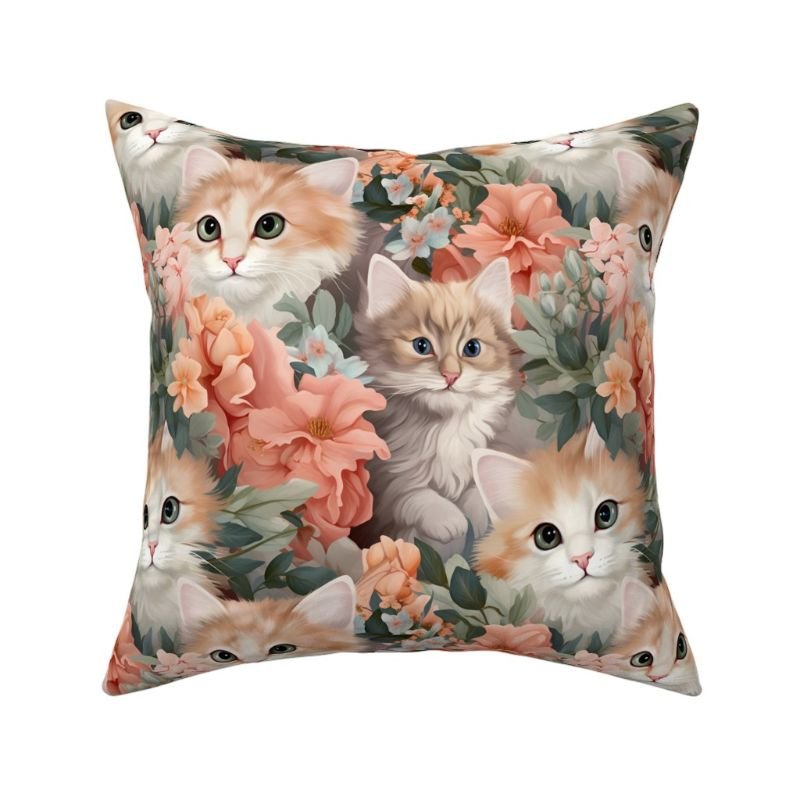

10. Dressing Them Up

A tutu might be adorable in your eyes; in theirs, it’s restrictive. Clothing can hamper movement, cause overheating, or turn them into accidental acrobats. Buttons, bells, and elastic—these pose choking risks. Only dress cats when medically needed (e.g., post-surgery), not for Instagram captions.
Final Thoughts
We think of cats as enigmatic—and they are. But they’re also tender. The smallest misstep, repeated daily, can bruise their spirits. If you stay attentive, responsive, and respectful, you’ll be rewarded with trust, closeness, and fewer heartbreaks.






